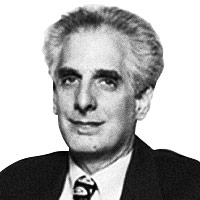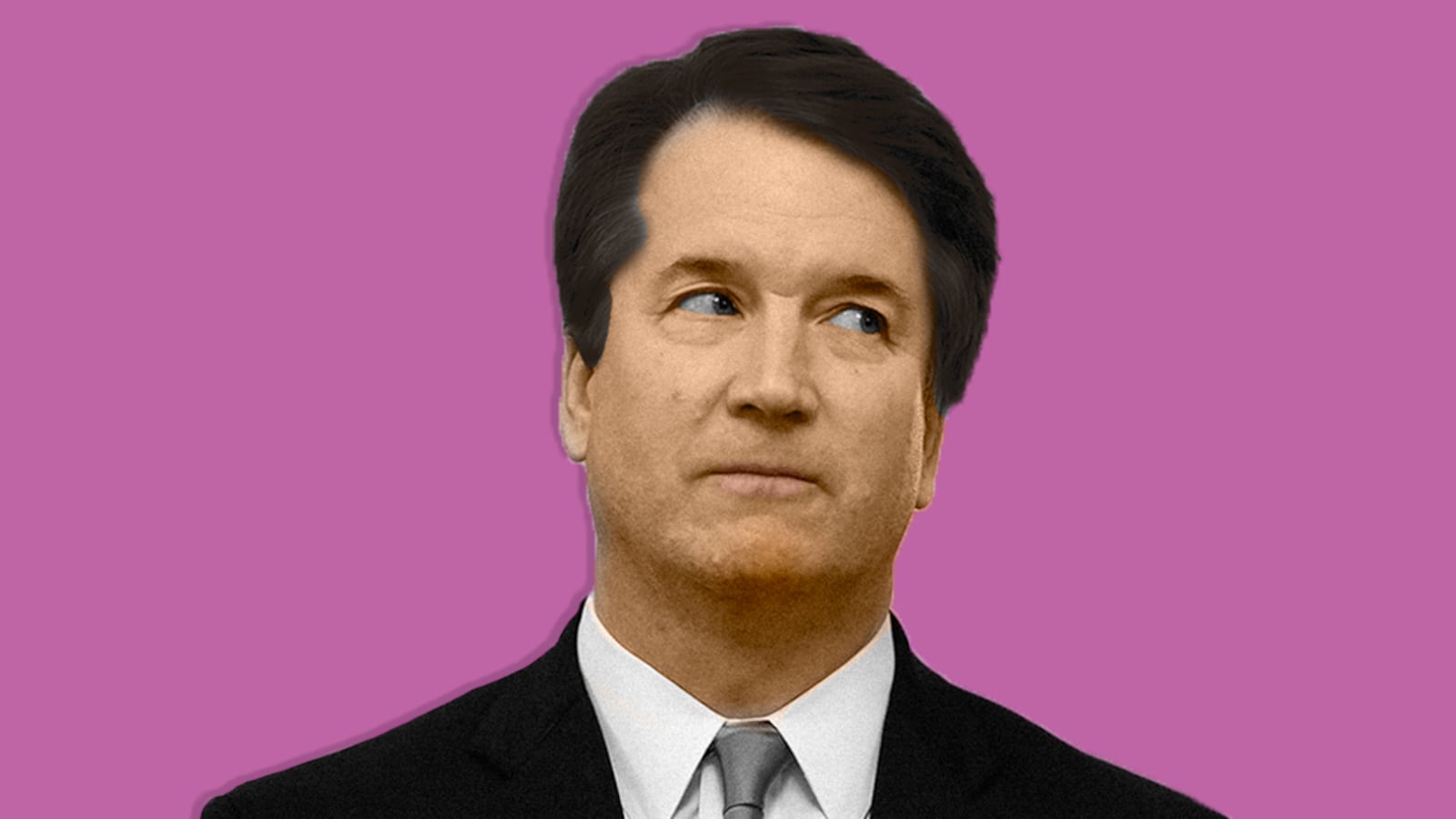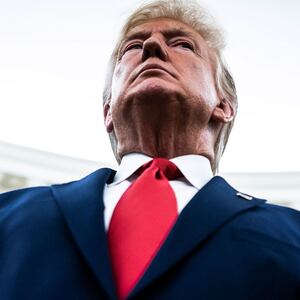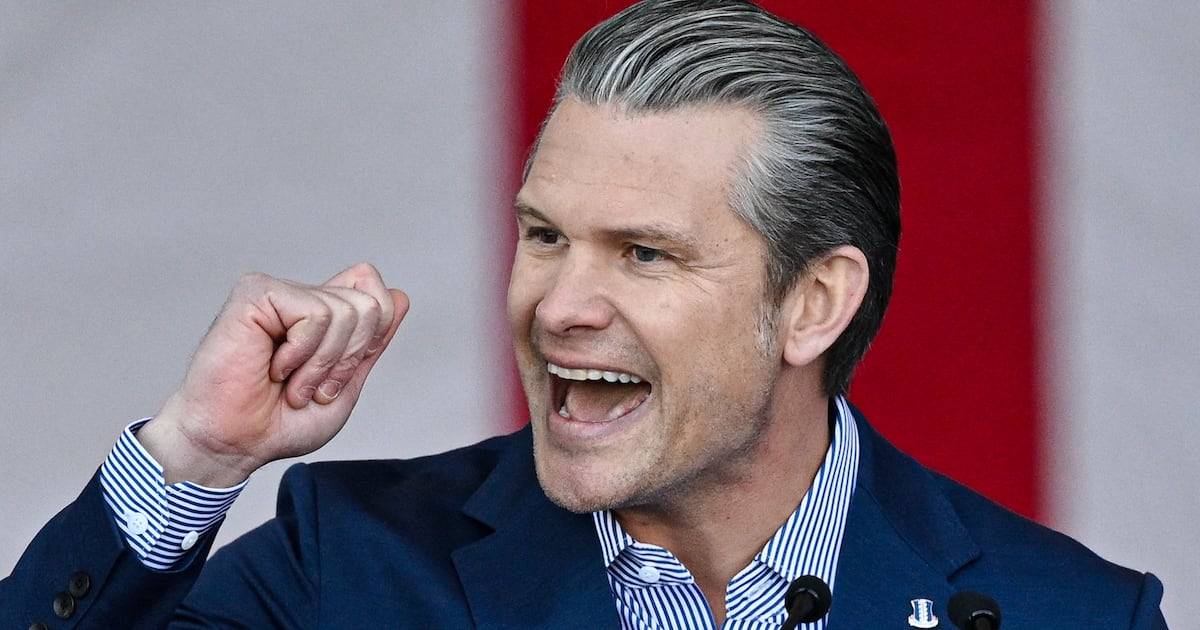Law Professor Jonathan Turley, who was called before Congress this week by Republicans, argues that Donald Trump should not be impeached for using the courts to prevent Congress from obtaining evidence of his misconduct. Turley said this despite the fact that Trump has categorically instructed current and former government employees not to comply with requests for testimony and documents, having unilaterally declared Congress’ impeachment investigation to be constitutionally “illegitimate,” One former Republican prosecutor now sitting on the nation’s highest court long ago was far less tolerant of efforts to stymie the disclosure of evidence of presidential misconduct.
Trump has proffered supposed legal arguments for some, but by no means all, of his rejections of Congress’s requests for witnesses and information, including that his closest White House advisers are “absolutely immune” from testifying about even the most serious presidential crimes. It is also all but certain that Trump will broadly assert the executive privilege in an effort to bar the now absent witnesses from answering key questions, even if they do ultimately appear before Congress, likely leading to yet another round of litigation.
Apart from the impeachment proceedings, Trump has been litigating for months against virtually all demands for documents and information related to various types of potential presidential misconduct. Trump has also suffered a remarkable series of courtroom losses, often accompanied by emphatic judicial repudiations of his typically weak and overreaching arguments, and the lower court losses are now piling up before the Supreme Court.
Now, like a mafia don who attempts to win a racketeering trial by knocking off his crew before they cooperate against him, Trump is arguing that his to-date successful efforts to prevent Congress from questioning potentially significant witnesses should allow him to avoid impeachment.
Based on his past work as a member of Ken Starr’s team during the investigation of Bill Clinton, it is clear that Supreme Court Justice Brett Kavanaugh would emphatically disagree with Trump’s efforts to benefit from this obstruction of Congress.
During Starr’s grand jury inquiry, Bill Clinton initially invoked the executive privilege in response to demands for the testimony of several witnesses. The matter went before a trial court, which ruled in Starr’s favor. Clinton initially filed a notice of appeal, but—after Starr asked the Supreme Court to hear the case on an emergency basis—Clinton withdrew his effort to quash the subpoenas. And although Clinton made certain additional, more limited, privilege assertions in connection with the testimony of White House attorneys, Starr once again ultimately obtained the testimony he was seeking.
Starr assigned Kavanaugh to play a key role in authoring Starr’s report to Congress, which included a section setting forth potential bases for impeaching the president; among them was a claim that Clinton should be impeached for going to court to assert the executive privilege in the first place. According to Starr and Kavanaugh, the privilege assertion was itself impeachable, because it was purportedly meritless and Clinton had managed to use the privilege litigation to delay Starr’s investigation. As the Starr Report put it, the temporary delay amounted to an illicit “conceal[ment]” by Clinton of his “personal misconduct.” Starr and Kavanaugh also argued that Clinton should be impeached because he refused to voluntarily testify himself, despite the fact that (unlike Trump) Clinton ultimately testified after receiving a subpoena; once again, mere delay was deemed potentially impeachable.
The House did not ultimately include the Starr/Kavanaugh theory of obstruction by litigation delay in its articles of impeachment, but then, Trump’s stonewalling scheme is far more comprehensive than anything Clinton ever attempted.
Clinton voluntarily dropped his litigation challenges, thus allowing Starr to obtain the evidence he sought in more than sufficient time to complete his report. All of the relevant evidence was ultimately made available to Congress in connection with its impeachment inquiry. By contrast, Trump has managed to employ litigation—and outright obstinacy—to keep potentially important documents and witnesses relating to the Ukraine investigation wholly out of the hands of Congress. Furthermore, Trump has gone to court in an effort to prevent Congress from reviewing the testimony and documents underlying Robert Mueller’s investigation as well.
It is not hard to imagine what a young Brett Kavanaugh would say about Trump’s bad-faith use of the courts to stonewall Congress’ investigation. He would say it amounts to “unlawful” presidential obstruction of Congress.







